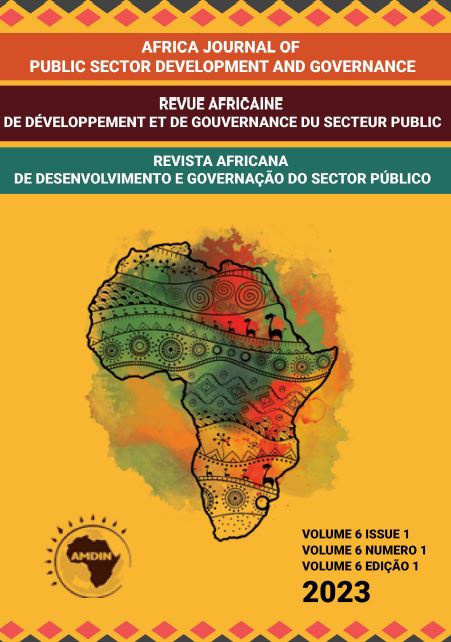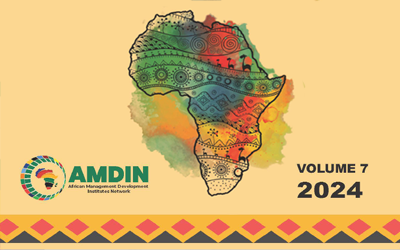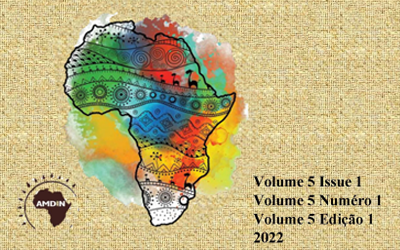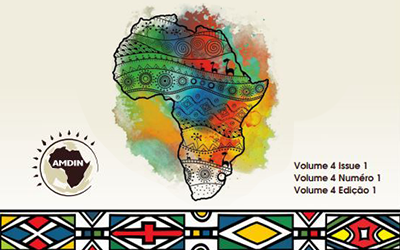The advent of COVID-19 disrupted the world in all facets of life. Knowledge Management (KM) was not an exception, particularly since all organisations manage information and the use of knowledge. To reduce the spread of the novel disease COVID-19, governments had to implement measures like national lockdowns and restrictions on some goods and services (Mkhize and Thusi 2023). These restrictive activities to control the spread of severe acute respiratory coronavirus 2 (COVID-19), followed the declaration of COVID-19 as a pandemic by the World Health Organisation (WHO) on 11 March 2020. The public sector was also affected differently all over the world, but it was common for governments to operate mainly with essential services. However, all other public institutions had to operate with officials working from home. Thus, the public sector was open, implying that technology would be the main conduit.
CONTENTS – CONTENU – CONTEÚDO
- EDITORIAL
The Practice of Knowledge Management post COVID-19: Looking Backward for Future Implementation - ÉDITORIALE
Pratique de la gestion des connaissances après la pandémie de COVID-19: Un regard en arrière pour une mise en oeuvre future - EDITORIAL
A prática da gestão do conhecimento pós-COVID-19: Retrospectiva para a implementação futura
Johnny Masego Pietersen - Implementation of the ISO 9001:2015 Standard on Organisational Knowledge Management during disruptions: A case of Kenya School of Government Embu Campus during COVID-19
James Mutinda, Ann Wanjiru Kang’ethe, Purity Makena and Doreen Onchangwa - Knowledge Management in the public sector: lessons from South Africa post COVID-19
Harsha Dayal - Analysing the Implementation of Momconnect and Stock Visibility System (SVS) Health Information Exchange in South Africa: Implication for Sharing Information and Knowledge Management (IKM)
Mmakwena Molala - Taking Stock of the Healthcare Workforce in the Public Health Sector of South Africa During COVID-19: Implications for Future Pandemics
Motlagabo Gladys Matseke - An Evaluation of the Practice of Constitutional Basic Values and Principles of Public Administration in the Zululand District, Kwazulu-Natal, South Africa
Sifundo K. Mdhluli and Nokukhanya N. Jili - Policy Actors Engaged in Urban Housing Policy Provision in Zimbabwe: Experiences from Harare
Williams, John, J. and Poshai, L. - Strengthening E-Learning as a Sustainable Knowledge Management System for Higher Education in the COVID-19 era
Lucky Musonda, Michael Sinkala, Elliot Mumba and Edward Nondo - ABSTRACTS OF ARTICLES IN THIS EDITION
- RÉSUMÉS DES ARTICLES DE CETTE ÉDITION
- SUMÁRIO DOS ARTIGOS NESTA EDIÇÃO
- BOOK DISCUSSION
Ten cities that led the world: From ancient metropolis to modern megacity by Paul Strathern - CRITIQUE DE LIVRE
Dix villes qui ont dominé le monde: de l’ancienne métropole à la mégapole moderne par Paul Strathern - RECENSÃO BIBLIOGRÁFICA
Dez cidades que lideraram o mundo: da metrópole antiga à megacidade moderna por Paul Strathern
Johnny Masego Pietersen and Thean Potgieter




